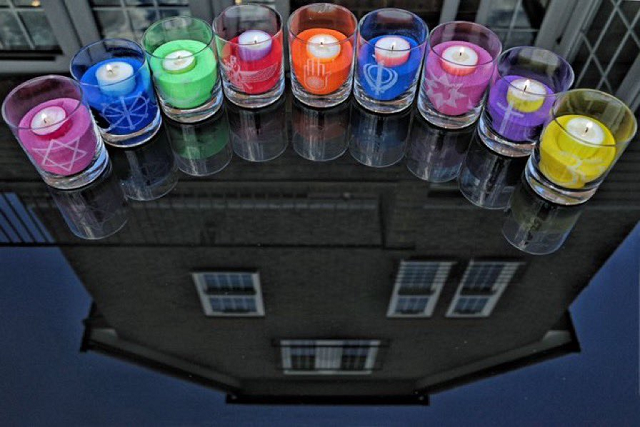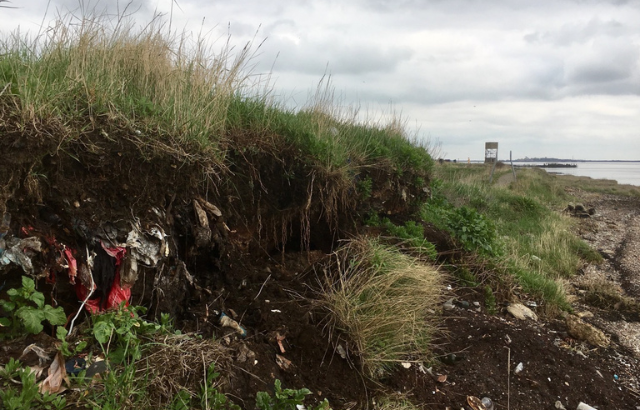Researchers on Queen Mary’s ‘Stay Home Stories’ project conducted in-depth interviews with people from different religious communities on their experiences during the periods of lockdown and pandemic restrictions. Their findings show how Covid-19 disrupted many forms of spiritual and social connection, as people retreated from real and physical spaces - including places of worship.
Research participants gave insight on specific pandemic challenges for individual faith groups and denominations, but also shared experiences across faith communities. A central issue was rituals of death and mourning when Covid-19 rules meant people couldn’t visit loved ones, say goodbye, attend funerals or get face-to-face pastoral support.
Lead researcher Professor Alison Blunt, founding co-director of Queen Mary University of London’s Centre for Studies of Home, explained: “The pandemic has undoubtedly been a shock to religious organisations and very disruptive of people’s spiritual lives, but it has also provided an occasion for learning and a chance to create more inclusive experiences, underlining the value of faith in a diverse society as it recovers from Covid-19.”
Rabbi Dr Miri Lawrence, Postdoctoral Researcher on the project, commented: “We must continue to acknowledge and address the long-term effects of people not being able to participate in end-of-life and mourning rituals during the pandemic.”
Professor Blunt and the wider research team outline key advice for faith leaders and groups to sustain and grow their communities in the future, including:
- Develop a range of methods to communicate with congregants, especially those who are isolated, using personal touches in ongoing communications to deepen connections
- Build on the creativity of faith leaders who experimented with content and media during the pandemic – including the use of art, music, drama, dance and online content in worship, as well as reconsidering liturgy more generally
- Create training programmes within and across faith groups to support faith leaders
- Establish support systems within and between faith groups, to better meet the needs of congregants and leaders when dealing with any similar future crises
- Expand learning beyond religious texts, languages and traditions – for example, developing partnerships with non-faith groups such as charities and healthcare providers, to help Covid-19 recovery and build other new support initiatives
Professor Alastair Owens, Project Co-Investigator at Queen Mary University of London added: “Perhaps one of the most positive opportunities is the possibility of renewed inter-faith dialogue, founded on recognising our shared pandemic experiences, while celebrating our differences.”
To read the newly published report, and find out more about the wider research project, go to www.stayhomestories.co.uk.



